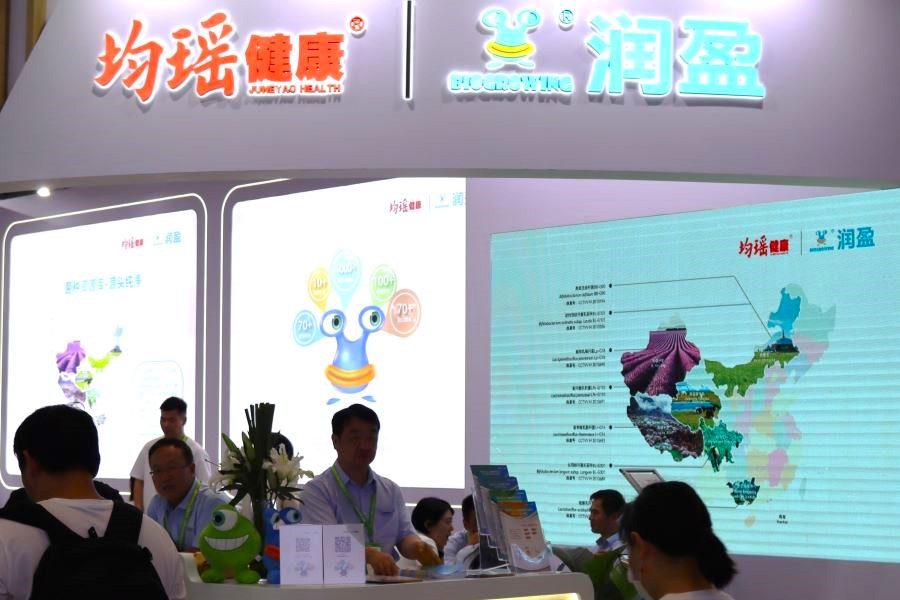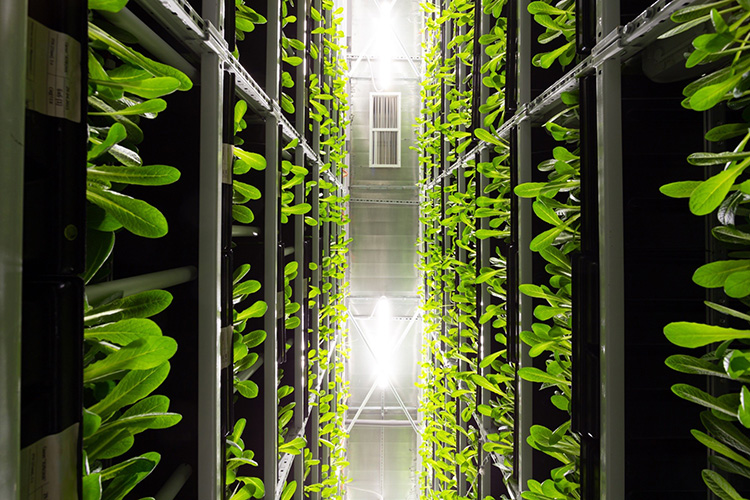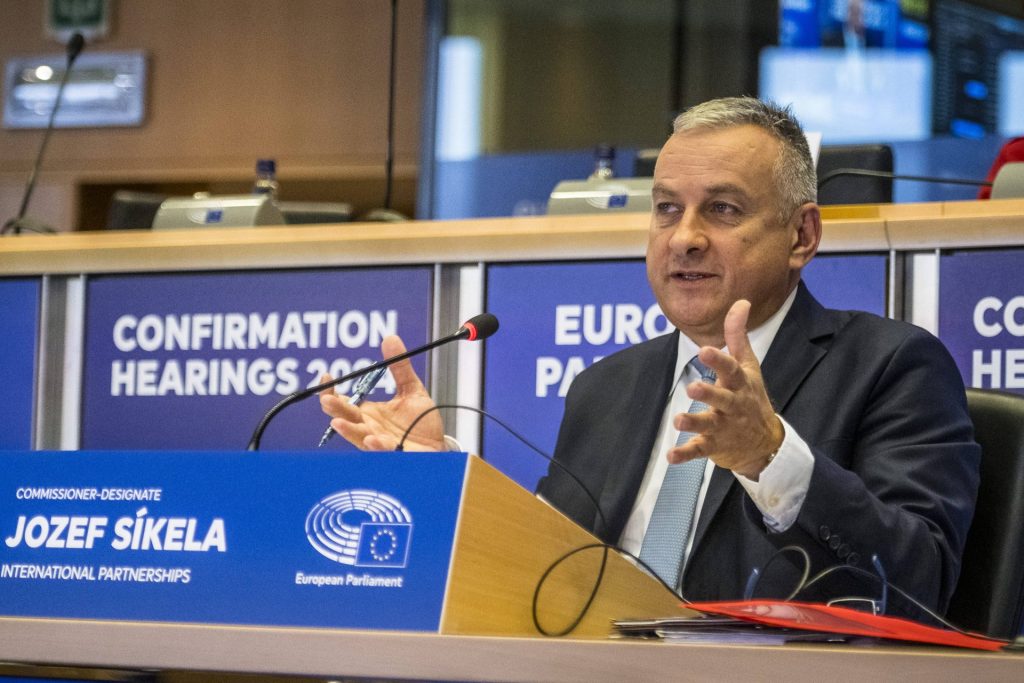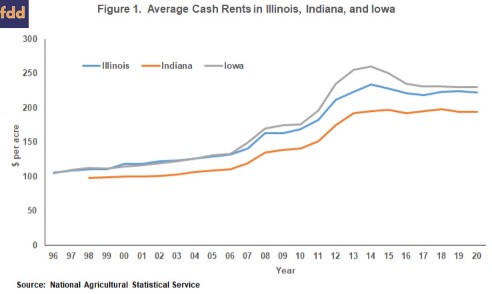Regulatory Challenge to UK Food Standards Agency on Hemp Extracts
Report on the Article 4 Submission Concerning Novel Food Classification
A consortium of UK hemp industry stakeholders has submitted a formal request, known as an Article 4 filing, to the Food Standards Agency (FSA). The submission challenges the classification of whole-plant hemp extracts as “novel foods,” arguing their extensive history of consumption predates the May 1997 cut-off. This action seeks to align UK regulations with historical evidence and international standards, thereby supporting several Sustainable Development Goals (SDGs), including those related to economic growth, responsible production, and institutional justice.
Economic Viability and Sustainable Industry (SDG 8 & SDG 9)
Impact of Novel Food Classification
The current regulatory framework requires products deemed “novel” to undergo a lengthy and costly authorization process. This has had a significant negative impact on the UK hemp market, undermining SDG 8: Decent Work and Economic Growth. Industry advocates report that the “bureaucratic process” has led to:
- The closure of hundreds of small and medium-sized enterprises (SMEs).
- The loss of thousands of jobs within the sector.
- A market shift away from valuable full-spectrum products towards less effective CBD isolates.
By seeking reclassification, stakeholders aim to create a more stable and predictable regulatory environment, fostering innovation and sustainable industrial development in line with SDG 9: Industry, Innovation, and Infrastructure.
Historical Consumption and Responsible Production (SDG 3 & SDG 12)
Argument for Non-Novel Status
The filing presents evidence that whole-plant hemp extracts, produced through traditional methods, are not novel. This argument is central to promoting SDG 12: Responsible Consumption and Production by valuing traditional and natural processes over highly refined alternatives.
Key Distinctions Presented:
- Traditional Methods: The submission highlights that processes like cold pressing, tincturing, and ethanol extraction have a documented history of use for producing hemp foods and beverages prior to 1997.
- Whole-Plant vs. Isolates: A clear distinction is drawn between unselective, whole-plant extracts and selective extracts like cannabinoid isolates or synthetic CBD. The filing contends that only the latter should be subject to novel food regulations.
This clarification is vital for ensuring consumer access to traditional wellness products, which supports SDG 3: Good Health and Well-being, by allowing safe, established supplements to remain on the market under general food law.
Call for Fair Institutions and Regulatory Clarity (SDG 16)
Critique of Current Regulatory Practices
The submission and an accompanying white paper, Moving the Goalposts, critique the current regulatory landscape as lacking transparency and fairness, directly challenging the principles of SDG 16: Peace, Justice, and Strong Institutions. The core concerns raised include:
- Arbitrary THC Limits: The FSA’s cap of 50 micrograms of THC per serving is described as arbitrary and without a scientific or legal basis in food law.
- Regulatory Overreach: It is argued that the Home Office has extended drug law into the domain of food regulation, creating legal uncertainty and treating a food product as a controlled substance.
- Potential Conflicts of Interest: Concerns were raised regarding connections between government advisory panels and pharmaceutical interests, suggesting market distortion that does not serve public safety.
Formal Requests to the FSA
To establish a just and transparent framework, the stakeholders have formally requested that the FSA undertake the following actions:
- Formally recognize whole-plant hemp oils as non-novel foods.
- Withdraw the current THC per-serving limit.
- Publish clear definitions to distinguish between seed oils, whole-plant extracts, and isolates.
- Establish a transparent consultation process with the industry.
Resolving this regulatory ambiguity is presented as essential for restoring fair competition and ensuring the UK’s regulatory framework for hemp aligns with international best practices and supports a sustainable, health-oriented market.
Analysis of Sustainable Development Goals (SDGs) in the Article
1. Which SDGs are addressed or connected to the issues highlighted in the article?
-
SDG 8: Decent Work and Economic Growth
The article directly addresses the economic viability of the UK hemp industry. It highlights how regulatory decisions by the Food Standards Agency (FSA) have led to “the closure of hundreds of businesses, the loss of thousands of jobs,” which directly impacts economic growth and employment within this sector.
-
SDG 9: Industry, Innovation, and Infrastructure
The core of the article revolves around the hemp industry’s struggle with a regulatory framework that stakeholders believe is stifling. The debate over whether whole-plant hemp extracts are “novel foods” is a matter of industrial policy. The call for clear, science-based regulations that distinguish between different types of extracts (“whole-plant derivatives and purified cannabinoid isolates”) is a push for a more supportive and predictable infrastructure for this industry to operate and innovate within.
-
SDG 16: Peace, Justice, and Strong Institutions
This goal is central to the article’s theme. The stakeholders’ Article 4 filing is a legal challenge to the FSA, an institution they argue is acting in a way that is “neither lawful nor fair.” The text raises concerns about the accountability and transparency of regulatory bodies, citing the Home Office’s “regulatory overreach” and potential “conflicts of interest” involving government advisory panels. The call for “transparent consultation with industry” and “clear definitions” is a demand for more effective, accountable, and transparent institutions.
-
SDG 17: Partnerships for the Goals
The article demonstrates a partnership in action and calls for another. The Article 4 submission was created by a consultant and “undersigned by a group of stakeholders,” representing a private-sector partnership to achieve a common goal. Furthermore, their request for the FSA to establish “transparent consultation with industry” is an explicit call for a public-private partnership to create a fair and effective regulatory framework.
2. What specific targets under those SDGs can be identified based on the article’s content?
-
SDG 8: Decent Work and Economic Growth
- Target 8.3: “Promote development-oriented policies that support productive activities, decent job creation, entrepreneurship, creativity and innovation, and encourage the formalization and growth of micro-, small- and medium-sized enterprises…” The article details how the current FSA policy is the opposite of development-oriented, having “devastated the UK market” and led to the closure of many small and medium-sized businesses in the hemp sector. The stakeholders’ request aims to reverse this and create policies that support their enterprises.
-
SDG 9: Industry, Innovation, and Infrastructure
- Target 9.2: “Promote inclusive and sustainable industrialization…” The stakeholders are fighting for the survival and sustainable growth of the UK hemp industry. By challenging the “novel food” classification, they are seeking to secure the industry’s place within the broader food market, thereby promoting its industrialization.
-
SDG 16: Peace, Justice, and Strong Institutions
- Target 16.6: “Develop effective, accountable and transparent institutions at all levels.” The entire article is a critique of the FSA and Home Office’s lack of transparency and accountability. The submission’s demands to “formally recognize” historical use, “withdraw the current THC per-serving limit,” and “publish clear definitions” are direct actions aimed at making the regulatory institution more effective and transparent.
- Target 16.7: “Ensure responsive, inclusive, participatory and representative decision-making at all levels.” The stakeholders are using the Article 4 filing process to force participation in a decision-making process from which they feel excluded. Their call for “transparent consultation with industry” is a direct appeal for a more inclusive and participatory approach to regulation.
-
SDG 17: Partnerships for the Goals
- Target 17.17: “Encourage and promote effective public, public-private and civil society partnerships…” The article showcases a private-sector partnership (the group of signatories) advocating for a public-private partnership (consultation between the industry and the FSA) to resolve the regulatory uncertainty that has “left companies in limbo.”
3. Are there any indicators mentioned or implied in the article that can be used to measure progress towards the identified targets?
-
For SDG 8 (Decent Work and Economic Growth)
- Implied Indicator: The number of active businesses and jobs in the hemp sector. The article provides a negative baseline by stating that “hundreds of businesses” have closed and “thousands of jobs” have been lost. Progress towards Target 8.3 could be measured by a reversal of this trend, indicated by growth in the number of hemp-related enterprises and employment figures.
-
For SDG 16 (Peace, Justice, and Strong Institutions)
- Implied Indicator: The existence of clear, published regulatory guidelines. The stakeholders’ demand to “publish clear definitions separating seed oils, whole-plant extracts, and isolates” implies that no such clear guidelines currently exist. The publication of such a document by the FSA would be a direct indicator of progress towards Target 16.6.
- Implied Indicator: Establishment of formal consultation mechanisms. The call for “transparent consultation with industry” suggests this is currently lacking. Progress towards Target 16.7 could be measured by the creation and frequency of formal meetings or platforms for dialogue between regulators and industry representatives.
-
For SDG 17 (Partnerships for the Goals)
- Mentioned Indicator: The number of stakeholders involved in partnerships. The article explicitly lists the signatories to the Article 4 submission (“Allworld Products, Big Chief Hemp, Bnatural, Brown’s CBD…” and others), providing a concrete indicator of a private-sector partnership working towards a common regulatory goal.
4. Summary Table of SDGs, Targets, and Indicators
| SDGs | Targets | Indicators (Mentioned or Implied in the Article) |
|---|---|---|
| SDG 8: Decent Work and Economic Growth | Target 8.3: Promote development-oriented policies that support entrepreneurship and the growth of small- and medium-sized enterprises. | The number of active hemp businesses and jobs in the sector (implied by the mention of “closure of hundreds of businesses” and “loss of thousands of jobs”). |
| SDG 9: Industry, Innovation, and Infrastructure | Target 9.2: Promote inclusive and sustainable industrialization. | The legal and market status of the hemp industry (implied by the fight against the “novel food” classification which currently hinders industrial growth). |
| SDG 16: Peace, Justice, and Strong Institutions | Target 16.6: Develop effective, accountable and transparent institutions.
Target 16.7: Ensure responsive, inclusive, and participatory decision-making. |
The existence of published, clear regulatory definitions for hemp products (implied by the demand to “publish clear definitions”).
The establishment of formal, transparent consultation processes between the FSA and industry (implied by the call for “transparent consultation with industry”). |
| SDG 17: Partnerships for the Goals | Target 17.17: Encourage and promote effective public-private and civil society partnerships. | The number of companies and organizations participating in joint advocacy efforts (mentioned through the list of signatories on the Article 4 submission). |
Source: hemptoday.net







